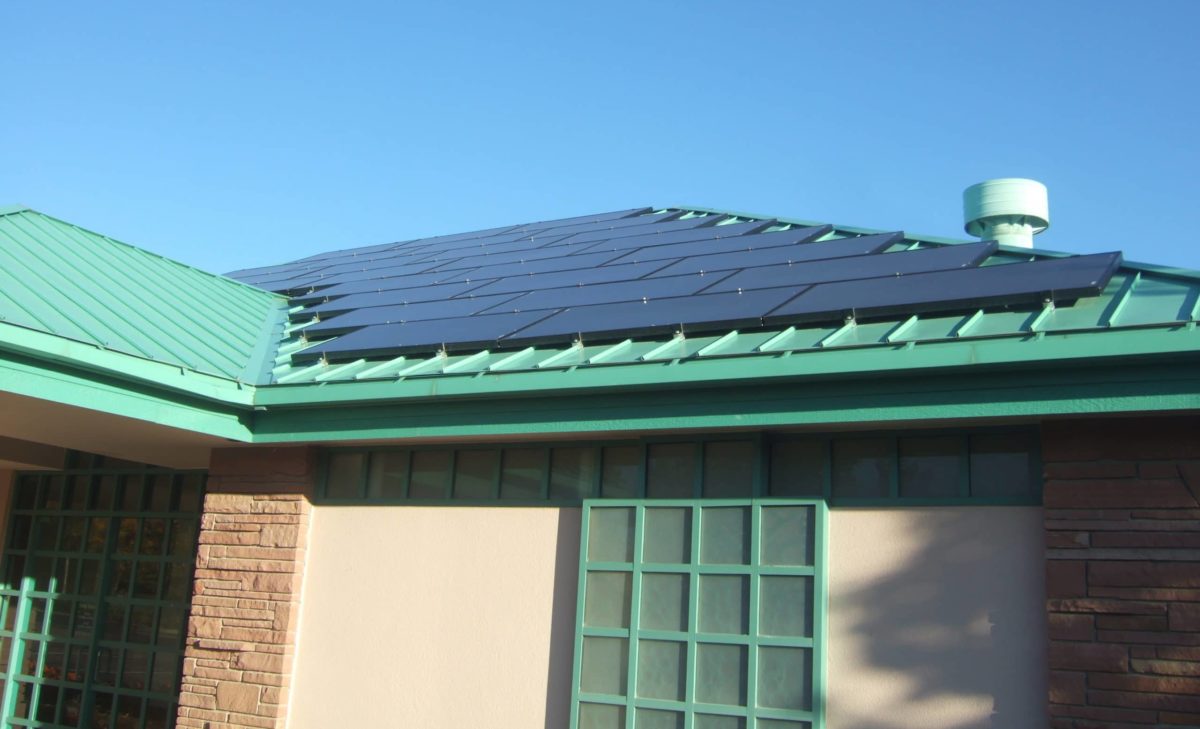From pv magazine International
The use of heat pumps and more flexible heating systems coupled to wind and power generation may be particularly beneficial for countries with serious grid congestion issues like the Netherlands.
This is the main conclusion of a recent report published by Dutch electricity transmission system operator (TSO) Tennet, in which its experts analyzed how the use of heat pumps and smarter heat networks may contribute to the creation of more flexible electricity demand, which would, in turn, have the twofold advantage of reducing fossil fuel consumption and not wasting surplus renewable energy generation during peak hours.
The Dutch high-voltage grid operator said that in hours with poor renewable energy production, part of the heating systems could be idled temporarily, and in hours with a lot of electricity from the sun and wind, the heat systems could be powered by these two sources to provide extra heating. “In 2030, this concept could already provide between 0.5 and 1 GW of temporary flexibility and, in order to achieve this, the heat pumps must be intelligently controlled,” Tennet explained.
The flexible demand created by this approach would help to level off peak loads during strong generation of wind and solar if the capacity of the electricity grid is in danger of being exceeded. “This flexibility is needed to make maximum use of variable solar and wind generation in hours of abundance, and to reduce electricity demand in hours without solar and wind electricity,” the authors of the report affirmed.
Flexible heat pumps would be key in this scenario as they can switch back temporarily, while a well-insulated building can remain sufficiently heated for a certain time. Furthermore, hybrid heat pumps that can be powered by both gas and renewables would also represent an optimal solution, as they can temporarily rely on the fuel in the event of electricity shortages. “This reduces the peak demand for electricity and keeps homes warm,” the report notes, adding that on days with abundant solar and wind power production, heating systems with heat storage may also save some sustainable heat to power the building the following day.
According to Tennet experts, this flexible electricity demand for heat would not only contribute to CO2 reduction by using the electricity as much as possible in hours with abundant wind and sun but also by utilizing it as little as possible in the hours with largely gas-fired electricity. “This helps to keep consumers’ energy bills from being higher than necessary in the future,” they further explained. “This advantage can be achieved through a contract with flexible prices with the supplier or a discount when flexibility is made available.”
The report states that these benefits will be negligible in the near future, although they may become bigger by 2030 and will continue to grow when more and more electricity from solar and wind is produced.
Tennet and Viessmann, a German manufacturer of heating, industrial and refrigeration systems, are currently working on a joint pilot project to use the potential flexibility of heat pumps for congestion management in power grids. The ViFlex project is aimed at combining a three-digit number of heat pumps and electricity storage systems to form a virtual power plant. With this approach, the heat pumps are bundled in virtual power plants to absorb surplus electricity from renewables and relieve the power grid.
The project relies on Viessmann heat pumps that can be operated with 100 percent renewable electricity. “These heat pumps can work and fill the heat storage system when a lot of solar power comes from the roof or the wind is blowing strongly in Germany and there is a lot of wind power available in the grid,” Tennet explained.
This content is protected by copyright and may not be reused. If you want to cooperate with us and would like to reuse some of our content, please contact: editors@pv-magazine.com.









Sorry to be blunt, but this line is bogus fossil industry propaganda: “Furthermore, hybrid heat pumps that can be powered by both gas and renewables would also represent an optimal solution, as they can temporarily rely on the fuel in the event of electricity shortages.” There is NOTHING “Optimal” on the path to a #RE100 Clean Energy Grid that involves adding Gas. The whole idea of relieving Grid Congestion from RE overload requires ELECTRIC Powered Heat Pumps … Not Gas!! Even worse, adding gas powered Heat Pumps now would Guarantee their use for at least 20 years — a Serious Climate Action problem that moves us the Wrong Way! And if times of shortage is the question, then Thermal Batteries integrated with Heat Pumps is the solution … that is, thermal batteries beyond the ones already used being A) the Building Thermal Mass and B) the Earth Battery that is inherently part of Geothermal Heat Pump (GHP) installations — a.k.a., Ground Heat Exchanger (GHEX). When we need more short term Thermal Batteries for Heat, we’ll add Phase Change Batteries — this is already done for cooling via Ice Storage.
One thing is for sure — we will NEVER get to the necessary #RE100 grid by listening to and following the fossil industry. They are a one trick pony fully limited to fossil energy solutions which can NEVER be #RE100 regardless of how much propaganda they put out.